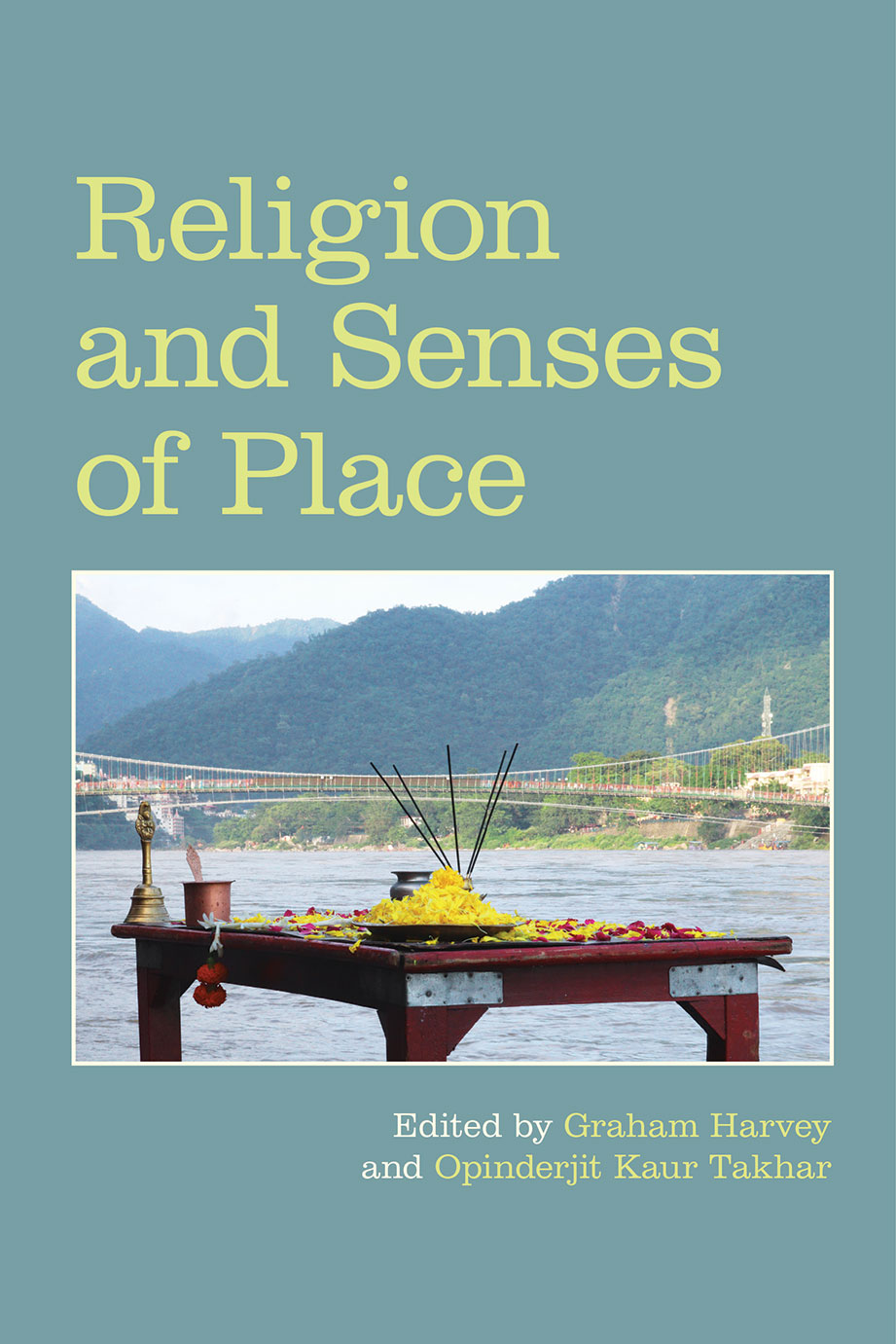The Role of Place in Shaping the Practice and Meaning of Seva among Jain Ascetics in Gujarat
Religion and Senses of Place - Graham Harvey
Bindi V. Shah [+]
University of Southampton
N. Rajaram [+]
Description
The roots of philanthropy amongst Jains can be linked to religious values and duties with regard to alms giving. Classically, dān is a disinterested gift, a gift without expectation of return, debt or reciprocity. In a hierarchical order of different types of gifts, a gift to a worthy recipient is the highest form of dān a lay person can make, to the only really worthy recipients, renouncers seeking liberation. In this paper we examine the practice of dān by diasporic lay Jains to a Jain socio-spiritual organisation established by a Jain nun in India. While Jain ascetics are expected to renounce all worldly possessions and focus their life mission to work toward their own internal purification, the Jain nun has reinterpreted this ascetic path and argues that compassion in action practiced through seva is the key message of the Jain tradition. In reinterpreting the ascetic path as seva and creating an institutional organisation through which to fulfil this worldly mission, the nun has allowed for the possibility of dān in the form of private voluntary philanthropy to Veerayatan. We draw on in-depth qualitative interviews with 24 diasporic Jains, in the UK, USA and Singapore, who have engaged in philanthropic giving to Veerayatan for a period of over twenty years to examine whether classical understandings of dān and the ethic of seva or “Western” understandings of giving shape the motivations and sustainability of philanthropic donations to Veerayatan. We contend that their philanthropy merges classical forms of Jain giving and Western ideas of humanitarianism. Veerayatan, the organisation, has become a worthy vessel for receiving dān, rather than the individual nuns that are part of the organisation. Classical understandings of dān also merge with “Western” ideas of giving, as is evident in displays of attachment to and concern for impact of the gifts. Additionally, some regard such philanthropy as an important avenue to transmit Jain religiosity and norms of compassion among Jain children in the diaspora. Overall, my respondents view philanthropy to Veeryatan as enacting Jain religiosity and being Jain in the modern world. We argue that such philanthropy allows diasporic Jains to strengthen ties to co-religionists in India and the diaspora, and facilitates the reconstruction of identities, communities and religiosity






